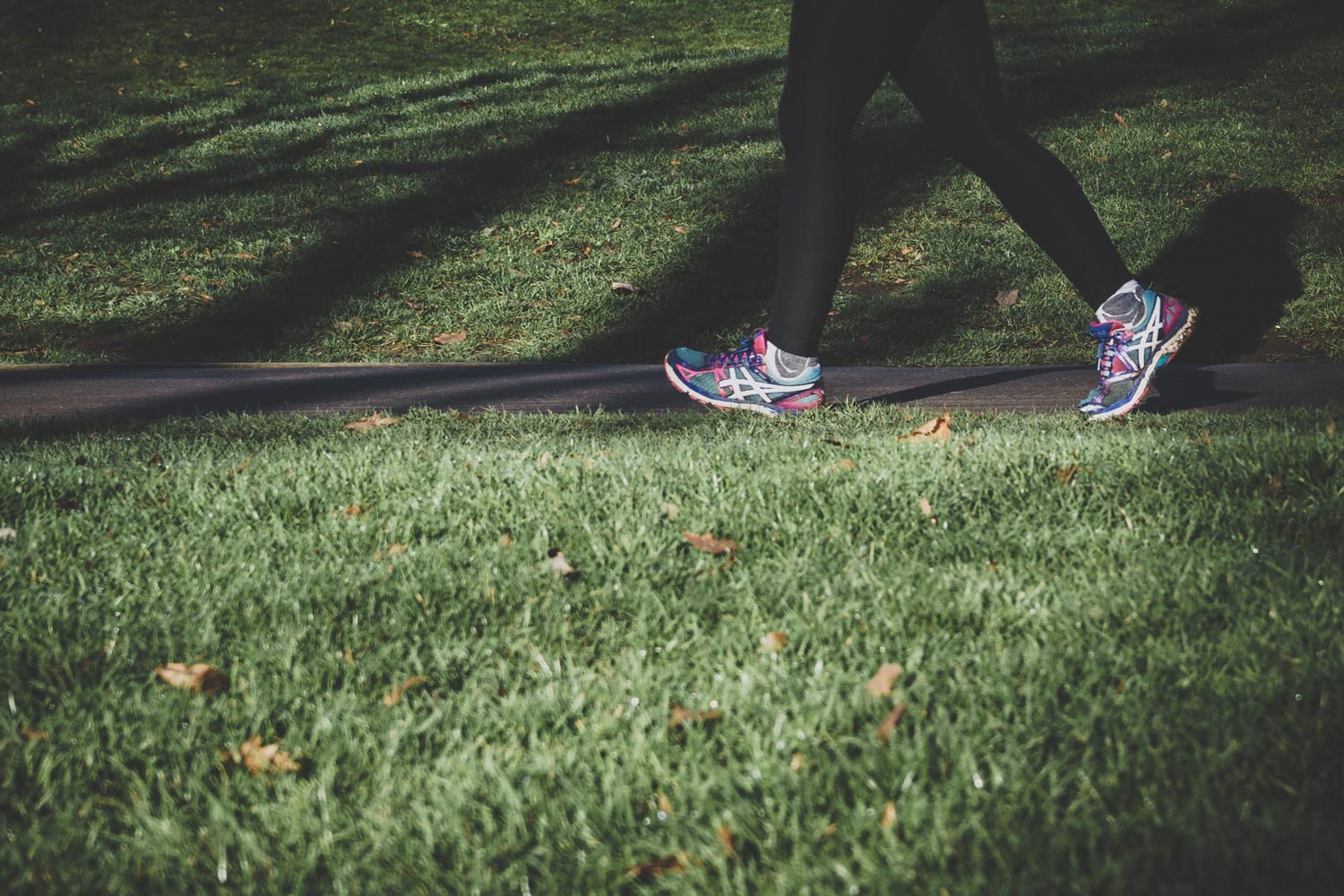Self-isolation at home can create stressors on the mind, which may lead to depression, feelings of despair, and substance abuse. But it also can have a direct effect on one’s physical health. The interplay between mental and physical health is important. One affects the other and vice versa.
For people conditioned to seek exercise and wellness outside the home, this shift can be unsettling. Here are things you can do now to adapt to your new environment.
Eating Well
Watching your diet impacts our psychological well-being. A good diet can reduce our risk of diseases like diabetes and obesity, as well as depression and anxiety. You can start today by:
- Avoiding processed foods to avoid high levels of sodium and sugar.
- Focus on foods with complex carbohydrates like fruits, whole grains, and vegetables that release energy slowly and help to stabilize moods.
- Seek out food high in vitamins A, B, C, D, and E, as well as minerals like iron, zinc, and selenium.
- Include food with B vitamins like green vegetables, beans, as well as eggs, poultry, and fish. These help with the production and release of serotonin and dopamine, which uplift our spirits and make us feel happy.
Sleeping Well
Rest is essential for our bodies. Sleep repairs cells, clears toxins, and consolidates our memories. Losing sleep negatively impacts our concentration and moods. Having a consistent sleep schedule if important to managing your mental health, as well as your productivity. Reducing your exposure to screens into the evening(smartphones, tablets, flat-screen televisions) is important in helping you fall asleep.
Exercising Well
For obvious reasons, exercise is also tied to wellness because it releases chemicals in our bodies that make us feel good, reduces our stress and anxiety, and improves our memory and cognition.
While you can’t do team sports during self-isolation, now can be the time to try indoor exercises like yoga, pilates, or body-weight workouts. You can find many free group classes online for free. If you’d rather not, try walking up and down the stairs of your home or building, jogging in place, or doing jumping jacks, sit-ups or push-ups. Break up your exercise into 10-minute sections — one in the morning, one in the afternoon, and one in the evening to make sure you commit to the full regiment required each day.
Other ways to look after your physical well-being during self-isolation:
Check your ergonomic posture to preserve your back and neck. Adjust your office chair to properly support your lower back. If you don’t have one, get lower back support to help angle your posture correctly. Make sure your knees are slightly lower than your hips when you sit.
Avoid strain injuries. Adjust your wrists and forearms so they are level with the floor. Get that computer screen at eye level to reduce neck pain.
Buy a headset for your phone. Do this to avoid balancing your phone on your shoulder because it can strain your neck muscles.
Stretch. Rotate your neck while sitting upright with your shoulders down. Look ahead and turn your head each way and hold it for five seconds. Work each leg forward while keeping both feet pointing straight ahead while making sure to keep your back straight.
Protect your eyes. Adjust the brightness level of your computer screen to fit the comfort level of your eyes. Periodically look away from the screen and take in natural light. Make sure the area you work in is well-lit to reduce eye strain.







